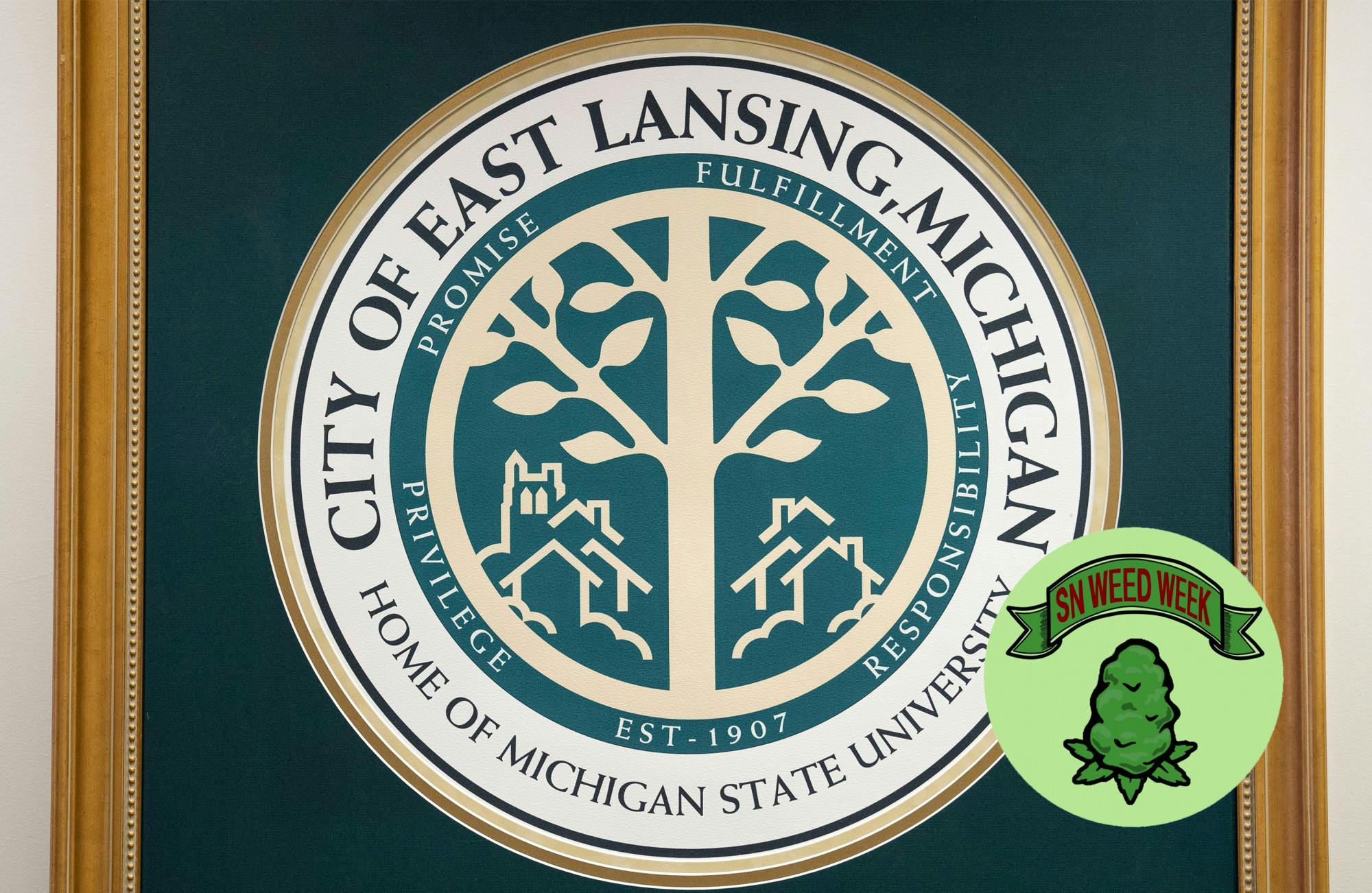As tax revenue from marijuana sales increases, the East Lansing City Council is reviewing how the money has been allocated in the past to advise how it will be used in the future, according to Mayor Pro Tem Jessy Gregg.
When the city first opted into the state licensing regulations that would allow the city to bring marijuana retailers into East Lansing, the council had to determine where the money from tax revenue on marijuana would be allocated.
The state imposed a 10% excise tax on the sale of marijuana, of which the municipalities where the dispensaries are located receive a portion.
The revenue generated from the distribution of the state excise tax would be added to the city’s general fund by default, however, the city has allocated funds instead to the 54th District Court, said Mayor Pro Tem Jessy Gregg.
A portion of East Lansing's allocated excise tax revenue was put toward the court for "drug abuse counseling" and treatment assistance for low-income and moderate-income people. Other parts of the tax were used to staff the court specialty treatment programs and facilitation of the assistance program, according to the Council's 2023 Preliminary Budget and Fee Schedule.
”Using the marijuana taxes to fund that program seemed appropriate,” Gregg said.
Gregg says this was an attempt by the city council to acknowledge that the tax revenue has come from a source that is a formerly illegal substance and that the persecution of marijuana crimes has disproportionately affected marginalized and low-income people.
The drug court was approved to use the funding to “provide financial assistance for costs not covered through private insurance or entitlement programs," according to documents related to the funding.
The allocation’s purpose was to aid in securing assessments, testing, rehabilitative treatment, and other supportive programming designed to improve the quality of life for the recipient, their family, and their community according to the policy resolution.
“I can see the courts still being involved, but not involved in a way where the amount of revenue increases and then that increase just continues to go to the courts,” Councilmember Dana Watson said.
Watson said as the revenue continues to grow, she’s interested in other places for the funds to be allocated in addition to the courts.
“Rather than just kind of let that money disappear into the general fund, she's asked that we separate it out and that we treat it with a little bit of dignity,” Gregg said.
The City of Kalamazoo has enacted a marijuana social equity policy that “allows a targeted focus on disproportionally impacted individuals and city neighborhoods and reduces barriers to entering the marijuana industry” for Kalamazoo residents, as stated in the city commission’s document.
The policy calls for fee reductions of marijuana business permits, zoning code exceptions and use of a portion of the business permit fee to educate residents who have been disproportionately impacted by marijuana prohibition in the past.
Watson said that she is exploring this type of framework but does not yet have a proposal.
Gregg said the money has also been used to facilitate an expungement clinic, in which individuals convicted with a marijuana-related drug crime were able to have their criminal record expunged if not rescinded.
“It's still a polarizing thing since it used to be illegal and it still has a lot of connotations from being an illegal drug,” Gregg said.
Due in part to the polarization caused by marijuana retail and use, Gregg said special use permits are used by the city council to make sure that the city’s zoning rules are respected and that marijuana businesses meet the standards of the council.
The permits include regulation on where the plant can be grown, processed or transported and is informed by both East Lansing and the state’s licensing regulations.
"It’s a way to create the opportunity for marijuana businesses to exist in town but without fully opening our entire town or the entire zoning district to that business,” Gregg said.
Support student media!
Please consider donating to The State News and help fund the future of journalism.
Discussion
Share and discuss “How East Lansing uses the taxes received from pot sales” on social media.







